Guava Benefits: 15 Powerful Health Effects You Should Know
From boosting your immunity to keeping your mind sharp, this vibrant fruit has a lot to offer.
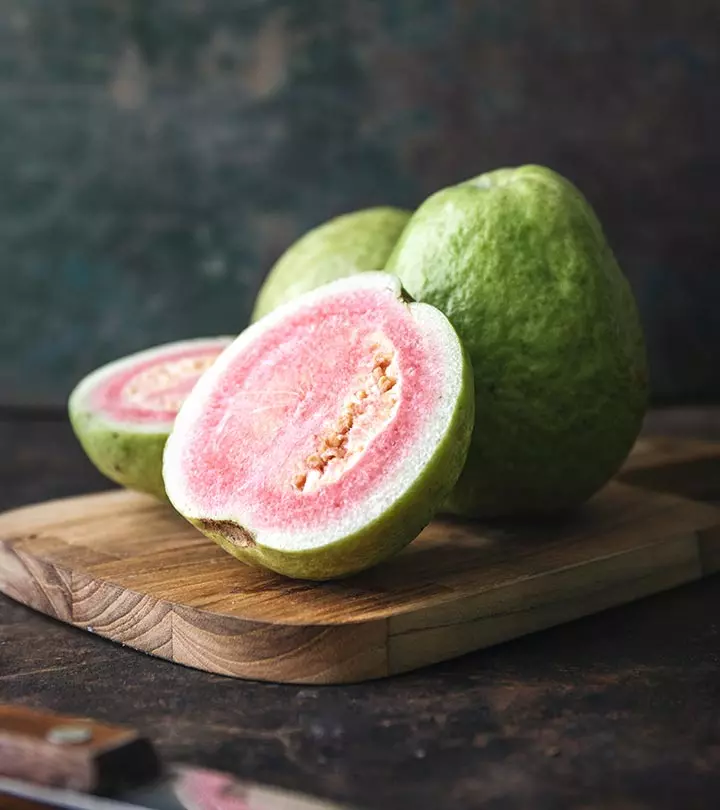
Image: Shutterstock
Guava fruit (Psidium guajava) is loved for its unique taste. It is loaded with many beneficial nutrients, and guava fruit benefits can be attributed to its nutrient profile. It is loaded with vitamin C, lycopene, fiber, and antioxidants. These nutrients can effectively manage diabetes, promote digestive health, and protect the heart.
Scroll down to learn more about this tropical fruit, the health benefits it offers, nutrition, and possible side effects.
 Know Your Ingredient: Guava
Know Your Ingredient: GuavaWhat Is It?
A green tropical fruit with a pink, fleshy inside that has a sweet taste and musky aroma.
What Are Its Benefits?
It helps lower blood pressure, improve skin complexion, and reduce menstrual cramps.
Who Can Consume It?
Anyone can eat this nutritious fruit except people with irritable bowel syndrome or diabetes.
How Often?
You can eat 1 to 3 guavas daily.
Caution
Excess consumption may cause gas, bloating, cramps, and loose stools.
In This Article
What Are The Benefits Of Guava?
Guava’s benefits stem from its rich dietary fiber and vitamin C content. Dietary fiber boosts digestion while vitamin C reduces free radicals in the body. Learn more about the health benefits of amrood here.
1. May Help You Manage Diabetes

The fiber in the fruit can lower blood sugar levels (1). It can also prevent constipation, a common problem faced by individuals with diabetes.
An Indian study states that guava (without the peel) can help in lowering blood sugar and blood cholesterol levels. This cuts the risk of diabetes (2). Animal studies show that guava leaf extracts may have antihyperglycemici The property that helps keep glucose levels near the lower range to reduce the risk of diabetes and other heart diseases. effects against type 2 diabetes (3), (4).

2. May Protect Your Heart
The fiber in guava lowers bad cholesterol, which may otherwise contribute to heart disease. The potassium in the fruit can help lower blood pressure levels (5).
The polysaccharidesi The most abundant carbohydrates made of many simple sugars that serve as essential sources of energy in plant and animal cells. (a type of carbohydrate) in guava leaves act as antioxidants and fight oxidative stress (6). This is important because oxidative stress is one major cause of heart failure (7).
There are several benefits of guava leaves, one of them being that it can be used as tea, and may also help prevent atherosclerosis (8).
3. May Boost Digestive Health

One guava can give you about 12% (3 grams) of the recommended dietary fiber (9). Some sources suggest that the leaves of the fruit may treat nausea and vomiting. However, more research is needed to establish these effects.
Medical literature also states that guava can treat diarrhea due to its antimicrobial and antispasmodici The nature or property that inhibits the contraction of smooth muscles and helps relieve pain and discomfort. properties. This is especially true with the extracts of the fruit and the leaves (10).
Guava’s antimicrobial properties can also fight the harmful gut microbes (like simian rotavirus) and potentially prevent digestive infections (11).
Also, according to one more research, the flavonoids present in guava leaf extract chiefly determine their antibacterial and antifungal activity. In contrast, quercetin, which is the most predominant phytochemical of guava leaves, exhibits antidiarrheal solid activities. The presence of phenolic compounds, such as gallic acid, pyrocatechol, taxifolin, ellagic acid, ferulic acid, and several others, is responsible for the antioxidant roles of guava leaves (12).
4. May Boost Immunity
Guava is replete with vitamin C (9). Studies state that vitamin C can help boost immunity and fight the disease-causing pathogens (13).
Vitamin C also protects your body’s cells from damage. It may reduce the risk of serious diseases, like arthritis, cancer, and some forms of heart disease (14), (15). Ensure you have the fruit ripe as it contains the most vitamin C (16).
5. May Relieve Menstrual Symptoms

In a study, 197 women with dysmenorrhea (painful menstruation) found relief after taking 6 mg of a drug containing guava extracts per day (17).
Another rat study revealed the spasmolytic effects of guava leaf extract. The extract could relieve cramps of the uterine smooth muscles (18).
6. May Promote Weight Loss
There is a lack of direct research in this aspect. The fiber content of the fruit may help boost one’s weight loss efforts. The fruit is also low in calories. A medium guava contains about 38 calories and can be included in a weight loss diet (9).
7. May Reduce Cancer Risk
Apart from vitamin C, guava also contains lycopene. Both these antioxidants help reduce cancer risk. They may also prevent the proliferation of cancer cells (14), (19). Guavas are especially powerful in aiding the treatment of cancers of the breast and prostate (20).
Guavas contain fiber. This nutrient helps reduce the risk of hemorrhoidsi A medical condition where the veins in the rectum and anus enlarge and cause discomfort during bowel movements or while sitting. and colon cancer (21), (22).
Other studies state that guava leaf extracts also could help reduce cancer risk (23).
8. May Protect The Skin From Wrinkles And Premature Aging
Want to know about Guava benefits for skin? Guava contains antioxidants. These compounds can protect skin from UV damage and potentially delay the signs of aging (24). The vitamins A and C in guava play a role in enhancing skin firmness (25), which has an excellent anti-aging effect.
Guava leaf extracts possess anti-inflammatory properties that help in the treatment of acne (26).
9. May Improve Skin Complexion
Other important benefits of eating guava include keeping skin fresh and boosting complexion. Although, there is less research in this regard. However, if you are easily prone to allergies, check with your doctor before using guava on your face.
10. May Improve Your Vision
The vitamin A in guava may boost vision. This nutrient is known to cut down the risk of cataracts and macular degeneration. The abundant vitamin C in the fruit also contributes to better vision (27).
11. Beneficial During Pregnancy

Guava is a good source of folate (9). The nutrient cuts the risk of birth defects and is essential during pregnancy (28).
12. May Ease Your Stress
Guava contains magnesium (9). This nutrient is known to relax the body’s nerves and muscles and may ease stress (29). Some studies suggest that magnesium may help relieve anxiety in individuals, although more evidence is needed in this regard. (30).
13. May Stimulate Cognitive Function
Guava contains vitamins B6 and B3 that are known to promote cognitive health. Vitamin B6 has shown to reduce the risk of dementiai A group of related symptoms affecting the ability to think, remember, speak, and behave, which interfere with one's daily functioning. , cognitive decline, and depression (31). In animal studies, vitamin B3 had shown improvements in neurodegeneration (32).
Jesse Feder, RDN, says, “Guava is high in sugar and can affect your blood sugar. It contains a good amount of B6 and B3, which contribute to healthy brain cell function and blood flow. Guava can increase blood sugar levels due to its high sugar content and should be eaten in moderation.”
14. May Help Prevent Cough

Guava leaf extracts possess anti-cough properties. In studies done on rats and pigs, water extracts of the leaves had decreased the frequency of cough(33).
15. May Relieve Tooth pain
Guava leaves possess antimicrobial, anti-inflammatory, and analgesic properties that may help relieve toothache. The leaves may also be of use in the treatment of periodontal diseasei A dental disease characterized by gum inflammation and infection caused due to poor oral hygiene. (34).
 Trivia
TriviaGuava fruit could be among the healthiest additions to your diet. It offers several nutrients in adequate amounts. After reading through several benefits of guava fruit, in the following section, we will further explore the nutritional profile of guava.
Key Takeaways
- Guava helps improve digestion and reduce free radicals in the body.
- It helps reduce sugar and cholesterol levels in the body, thus promoting heart health.
- Guava helps diminish early signs of aging and improves skin complexion.
- Guavas may reduce the risk of cancer, increase weight loss, and soothe menstrual cramps.
- People with gastrointestinal issues or low blood glucose levels should avoid guavas. Consult a doctor if you have an allergic reaction to guava, especially if you are pregnant.
Guava Nutrition Facts
| Calorie Information | ||
|---|---|---|
| Amounts Per Selected Serving | %DV | |
| Calories | 112(469 kJ) | 6% |
| From Carbohydrate | 84.9(355 kJ) | |
| From Fat | 13.1(54.8 kJ) | |
| From Protein | 14.1(59.0 kJ) | |
| From Alcohol | 0.0(0.0 kJ) | |
| Carbohydrates | ||
| Amounts Per Selected Serving | %DV | |
| Total Carbohydrate | 23.6 g | 8% |
| Dietary Fiber | 8.9 g | 36% |
| Starch | 0.0 g | |
| Sugars | 14.7 g | |
| Protein & Amino Acids | ||
| Amounts Per Selected Serving | %DV | |
| Protein | 4.2 g | 8% |
| Vitamins | ||
| Amounts Per Selected Serving | %DV | |
| Vitamin A | 1030 IU | 21% |
| Vitamin C | 377 mg | 628% |
| Vitamin D | ~ | ~ |
| Vitamin E (Alpha Tocopherol) | 1.2 mg | 6% |
| Vitamin K | 4.3 mcg | 5% |
| Thiamin | 0.1 mg | 7% |
| Riboflavin | 0.1 mg | 4% |
| Niacin | 1.8 mg | 9% |
| Vitamin B6 | 0.2 mg | 9% |
| Folate | 80.8 mcg | 20% |
| Vitamin B12 | 0.0 mcg | 0% |
| Pantothenic Acid | 0.7 mg | 7% |
| Choline | 12.5 mg | |
| Betaine | ~ | |
| Minerals | ||
| Amounts Per Selected Serving | %DV | |
| Calcium | 29.7 mg | 3% |
| Iron | 0.4 mg | 2% |
| Magnesium | 36.3 mg | 9% |
| Phosphorus | 66.0 mg | 7% |
| Potassium | 688 mg | 20% |
| Sodium | 3.3 mg | 0% |
| Zinc | 0.4 mg | 3% |
| Copper | 0.4 mg | 19% |
| Manganese | 0.2 mg | 12% |
| Selenium | 1.0 mcg | 1% |
| Fluoride | ~ | |
Values sourced from USDA, guavas, common, raw
One guava contains 126 mg of vitamin C, which meets a whopping 209% percent of your daily recommended values. The fruit also contains 229 mg of potassium, 343 IU of vitamin A, and 27 mcg of folate. These are among the most important nutrients in the fruit.
 Did You Know?
Did You Know?If you are wondering how to include guava in your meals, then the next section is for you. Keep reading to learn some guava preparation tips.
Guava Preparation Methods
Guavas are delicious when eaten fresh. Simply wash the fruit, slice it in half, and enjoy the sweet and tangy flavor. You can also enjoy them in other ways, such as:
- Blending them with other fruits, vegetables, and liquids for a refreshing smoothie.
- Adding them to fruit or green salads.
- Drinking guava juice on its own or mixed with other juices.
- Consuming guava jam and jelly as delicious spreads that can be enjoyed on toast, pancakes, or biscuits.
After learning about guava’s nutrition facts, we will proceed to the next section.
Guava is beneficial for your health. However, does this mean you can eat as many guavas as you want? Or would it cause any adverse effects?
What Are The Side Effects Of Eating Guava?
Limited research is available in this aspect. Excess consumption of this fruit may cause certain side effects, though information is insufficient. Hence, practice caution. You can stick to 1 to 3 guavas a day. If you have any specific medical condition or are pregnant/breastfeeding, consult your doctor before including guava in your diet.
According to Jesse Feder, RDN, “You should avoid eating guava if you experience gastrointestinal issues, such as bloating, constipation, cramping, loose stools, or if you have an allergic reaction. Additionally, it is best to limit guava intake if you have poor blood glucose control or diabetes.”
After reading about guava fruit’s benefits and side effects, you will be in a position to make a more informed choice regarding your health.
Infographic: Guava Nutritional Facts
Guava is a tropical fruit known for its unique taste and benefits. The rich nutritional profile of guava is responsible for its wide array of health benefits. It contains many essential vitamins and minerals that are useful for proper body functioning. Check out the infographic below to learn about nutritional facts about guava. Illustration: StyleCraze Design Team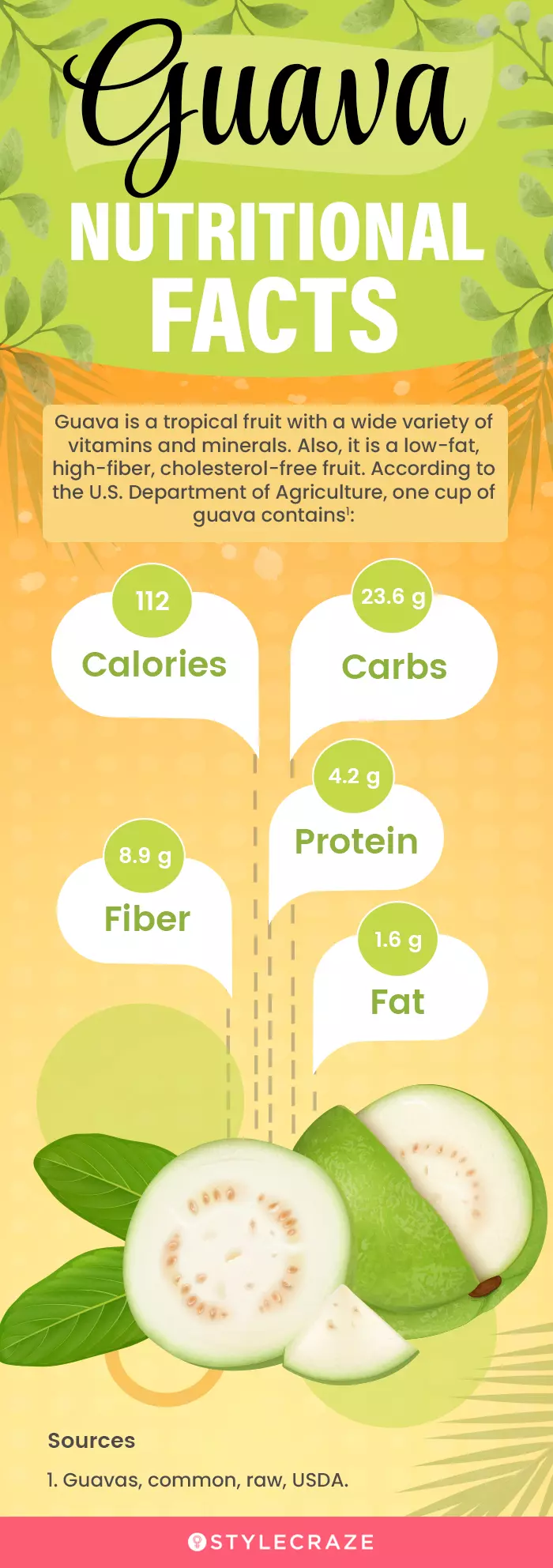
Guava is a delicious fruit packed with many essential nutrients. This tropical fruit is rich in vitamin C and lycopene and low in calories. It may help manage diabetes, lower bad cholesterol and blood pressure levels, boost digestive health, enhance immune system function, relieve menstrual cramps, and promote weight loss. However, excess consumption of guava may cause side effects. If you have any medical conditions, consult your doctor before including them in your diet.
Frequently Asked Questions
Is it okay to eat guava seeds?
Yes, you can eat guava seeds.
Can you eat guava on an empty stomach?
Fruits with tough fibers, like guava, may slow down your digestive system. Hence, do not have guavas on an empty stomach.
Why are some guavas pink while others are white?
Pink guavas contain carotenoids, which are compounds that give them their characteristic color. White guavas don’t contain these carotenoids.
What is guava called in different languages?
Guava is called goyave in French, guayaba in Spanish, and amrood in Hindi.
Does guava give you energy?
Yes. Guava is rich in essential nutrients. It can be satiating and offer you a refreshing energy.
Is guava good for kidney health?
Research is limited here. Guavas contain potassium, which may not be recommended for those with kidney issues. If you have any kidney problems, talk to your doctor before consuming this fruit. Jesse Feder, RDN, says, “Guava is generally safe to eat in moderation and does not typically contribute to kidney stones. It is not a high oxalate fruit and contains several healthy nutrients.”
Is it safe to eat guava at night?
Yes, you can eat guava at night. This nutrient-rich fruit gets easily digested and makes bowel movements easy the following morning.
Do guava leaves help with fertility?
Guava leaves contain ethanol that may enhance male fertility (35).
Can we drink water after eating guava?
Yes, you may. Drinking water after eating guava can further ease the digestive process.
What is the best time to eat guava? Can we eat guava at night?
Anytime other than on an empty stomach is appropriate to consume guava. Yes, you can eat guava at night, but make sure to consume it 30 minutes after finishing a meal.
Is guava better than apple?
Apple and guava are both excellent sources of nutrients. However, guava ranks higher compared to apple as it has a higher concentration of all vitamins and more protein, fats, and carbohydrates.
Is guava good for sleep?
Guava is said to help soothe and relax your hyperactive nerves and prolong your deep slumber. However, there is no scientific evidence to prove this claim.
Illustration: Important Benefits Of Guava Fruit + Guava Nutrition Facts
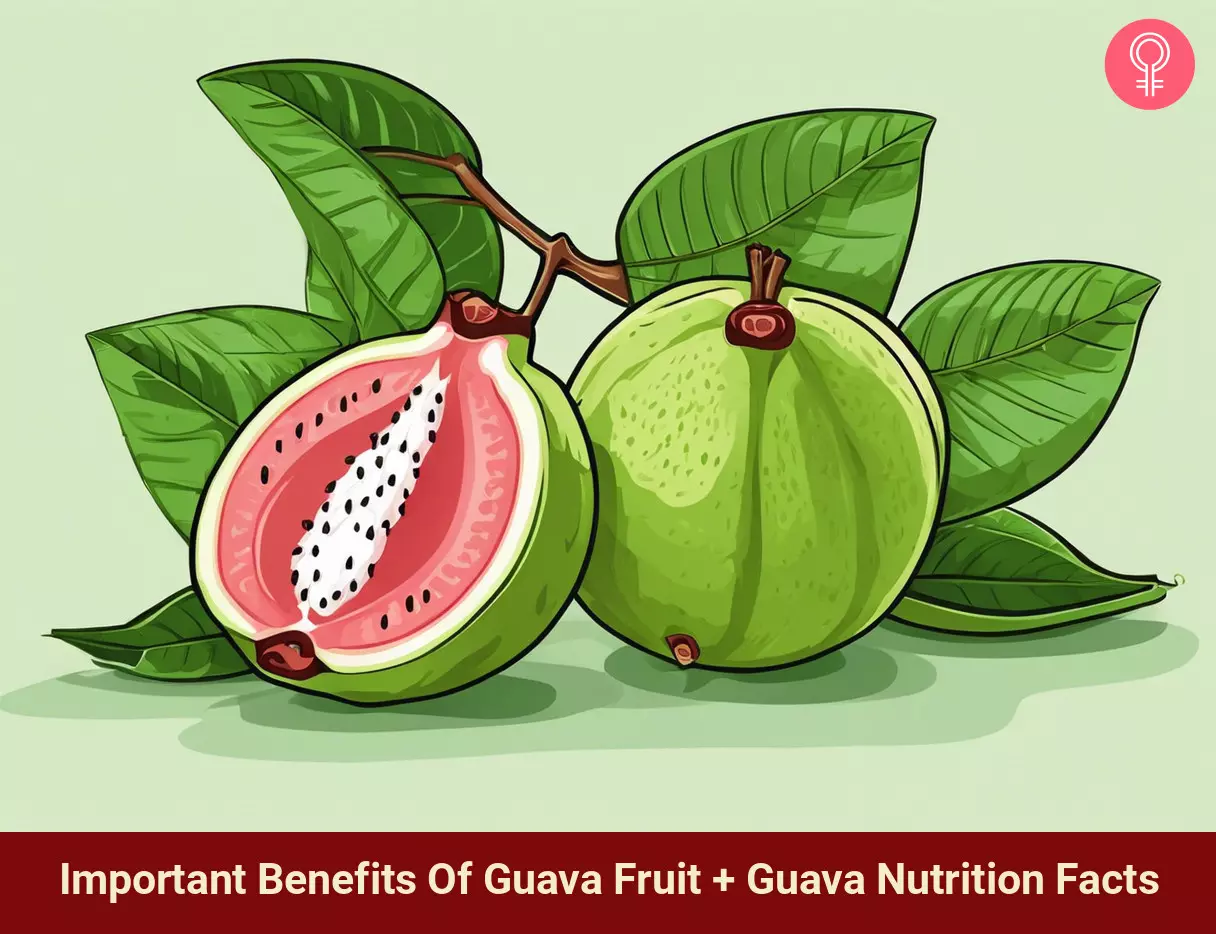
Image: Stable Diffusion/StyleCraze Design Team
References
Articles on StyleCraze are backed by verified information from peer-reviewed and academic research papers, reputed organizations, research institutions, and medical associations to ensure accuracy and relevance. Read our editorial policy to learn more.
- Kumari, Suchitra et al. “Effect of Guava in Blood Glucose and Lipid Profile in Healthy Human Subjects: A Randomized Controlled Study.” Journal of clinical and diagnostic research : JCDR vol. 10,9 (2016): BC04-BC07.
https://www.ncbi.nlm.nih.gov/pmc/articles/PMC5071920/ - Kumari, Suchitra et al. “Effect of Guava in Blood Glucose and Lipid Profile in Healthy Human Subjects: A Randomized Controlled Study.” Journal of clinical and diagnostic research : JCDR vol. 10,9 (2016): BC04-BC07.
https://pubmed.ncbi.nlm.nih.gov/27790420/ - Shen, Szu-Chuan et al. “Effect of guava (Psidium guajava Linn.) leaf soluble solids on glucose metabolism in type 2 diabetic rats.” Phytotherapy research : PTR vol. 22,11 (2008): 1458-64.
https://pubmed.ncbi.nlm.nih.gov/18819164/ - Oh WK, Lee CH, Lee MS, et al. Antidiabetic effects of extracts from Psidium guajava. J Ethnopharmacol. 2005;96(3):411–415.
https://pubmed.ncbi.nlm.nih.gov/15619559/ - Singh, R B et al. “Can guava fruit intake decrease blood pressure and blood lipids?.” Journal of human hypertension vol. 7,1 (1993): 33-8.
https://pubmed.ncbi.nlm.nih.gov/8383769/ - Kim SY, Kim EA, Kim YS, et al. Protective effects of polysaccharides from Psidium guajava leaves against oxidative stresses. Int J Biol Macromol. 2016;91:804–811.
https://pubmed.ncbi.nlm.nih.gov/27296444/ - Tsutsui, Hiroyuki et al. “Oxidative stress and heart failure.” American journal of physiology. Heart and circulatory physiology vol. 301,6 (2011): H2181-90.
https://pubmed.ncbi.nlm.nih.gov/21949114/ - Takahashi, Yoshitaka, et al. “Inhibition of leukocyte-type 12-lipoxygenase by guava tea leaves prevents development of atherosclerosis.” Food chemistry 186 (2015): 2-5.
https://www.sciencedirect.com/science/article/pii/S030881461500477X - “FoodData Central Search Results.” FoodData Central, fdc.nal.usda.gov/fdc-app.html#/food-details/173044/nutrients.
https://fdc.nal.usda.gov/fdc-app.html#/food-details/173044/nutrients - Gutiérrez RM, Mitchell S, Solis RV. Psidium guajava: a review of its traditional uses, phytochemistry and pharmacology. J Ethnopharmacol. 2008;117(1):1–27.
https://pubmed.ncbi.nlm.nih.gov/18353572/ - Gonçalves JL, Lopes RC, Oliveira DB, et al. In vitro anti-rotavirus activity of some medicinal plants used in Brazil against diarrhea. J Ethnopharmacol. 2005;99(3):403–407.
https://pubmed.ncbi.nlm.nih.gov/15876501/ - Guava (Psidium guajava L.) Leaves: Nutritional Composition, Phytochemical Profile, and Health-Promoting Bioactivities
https://www.ncbi.nlm.nih.gov/pmc/articles/PMC8066327/ - Ströhle A, Hahn A. Vitamin C und Immunfunktion [Vitamin C and immune function]. Med Monatsschr Pharm. 2009;32(2):49–56.
https://pubmed.ncbi.nlm.nih.gov/19263912/ - Carr, Anitra C, and Cate McCall. “The role of vitamin C in the treatment of pain: new insights.” Journal of translational medicine vol. 15,1 77. 14 Apr. 2017.
https://www.ncbi.nlm.nih.gov/pmc/articles/PMC5391567/ - Nam, Chung Mo, et al. “Vitamin C Intake and Risk of Ischemic Heart Disease In a Population with a High Prevalence of Smoking.” Journal of the American College of Nutrition, v. 22,.5 pp. 372-378.
https://pubag.nal.usda.gov/catalog/314062 - Gull J, Sultana B, Anwar F, Naseer R, Ashraf M, Ashrafuzzaman M. Variation in antioxidant attributes at three ripening stages of guava (Psidium guajava L.) fruit from different geographical regions of Pakistan. Molecules. 2012;17(3):3165–3180. Published 2012 Mar 14.
https://pubmed.ncbi.nlm.nih.gov/22418924/ - Doubova SV, Morales HR, Hernández SF, et al. Effect of a Psidii guajavae folium extract in the treatment of primary dysmenorrhea: a randomized clinical trial. J Ethnopharmacol. 2007;110(2):305–310.
https://pubmed.ncbi.nlm.nih.gov/17112693/ - Chiwororo WD, Ojewole JA. Spasmolytic effect of Psidium guajava Linn. (Myrtaceae) leaf aqueous extract on rat isolated uterine horns. J Smooth Muscle Res. 2009;45(1):31–38.
https://pubmed.ncbi.nlm.nih.gov/19377271/ - Holzapfel, Nina Pauline et al. “The potential role of lycopene for the prevention and therapy of prostate cancer: from molecular mechanisms to clinical evidence.” International journal of molecular sciences vol. 14,7 14620-46. 12 Jul. 2013.
https://www.ncbi.nlm.nih.gov/pmc/articles/PMC3742263/ - Dos Santos, Raimunda C et al. “Lycopene-rich extract from red guava (Psidium guajava L.) displays cytotoxic effect against human breast adenocarcinoma cell line MCF-7 via an apoptotic-like pathway.” Food research international (Ottawa, Ont.) vol. 105 (2018): 184-196.
https://pubmed.ncbi.nlm.nih.gov/29433206/ - Alonso-Coello, Pablo et al. “Fiber for the treatment of hemorrhoids complications: a systematic review and meta-analysis.” The American journal of gastroenterology vol. 101,1 (2006): 181-8.
https://pubmed.ncbi.nlm.nih.gov/16405552/ - Kunzmann, Andrew T et al. “Dietary fiber intake and risk of colorectal cancer and incident and recurrent adenoma in the Prostate, Lung, Colorectal, and Ovarian Cancer Screening Trial.” The American journal of clinical nutrition vol. 102,4 (2015): 881-90.
https://www.ncbi.nlm.nih.gov/pmc/articles/PMC4588743/ - Ryu NH, Park KR, Kim SM, et al. A hexane fraction of guava Leaves (Psidium guajava L.) induces anticancer activity by suppressing AKT/mammalian target of rapamycin/ribosomal p70 S6 kinase in human prostate cancer cells. J Med Food. 2012;15(3):231–241.
https://pubmed.ncbi.nlm.nih.gov/22280146/ - Masaki H. Role of antioxidants in the skin: anti-aging effects. J Dermatol Sci. 2010;58(2):85–90.
https://pubmed.ncbi.nlm.nih.gov/20399614/ - Schagen, Silke K et al. “Discovering the link between nutrition and skin aging.” Dermato-endocrinology vol. 4,3 (2012): 298-307.
https://www.ncbi.nlm.nih.gov/pmc/articles/PMC3583891/ - Qadan F, Thewaini AJ, Ali DA, Afifi R, Elkhawad A, Matalka KZ. The antimicrobial activities of Psidium guajava and Juglans regia leaf extracts to acne-developing organisms. Am J Chin Med. 2005;33(2):197–204.
https://pubmed.ncbi.nlm.nih.gov/15974479/ - Khoo, Hock Eng et al. “Nutrients for Prevention of Macular Degeneration and Eye-Related Diseases.” Antioxidants (Basel, Switzerland) vol. 8,4 85. 2 Apr. 2019.
https://www.ncbi.nlm.nih.gov/pmc/articles/PMC6523787/ - Greenberg, James A et al. “Folic Acid supplementation and pregnancy: more than just neural tube defect prevention.” Reviews in obstetrics & gynecology vol. 4,2 (2011): 52-9.
https://www.ncbi.nlm.nih.gov/pmc/articles/PMC3218540/ - Cuciureanu, Magdalena D., and Robert Vink. Magnesium and stress. University of Adelaide Press, 2011.
https://www.ncbi.nlm.nih.gov/books/NBK507250/ - Boyle, Neil Bernard et al. “The Effects of Magnesium Supplementation on Subjective Anxiety and Stress-A Systematic Review.” Nutrients vol. 9,5 429. 26 Apr. 2017.
https://www.ncbi.nlm.nih.gov/pmc/articles/PMC5452159/ - Kennedy, David O. “B Vitamins and the Brain: Mechanisms, Dose and Efficacy–A Review.” Nutrients vol. 8,2 68. 27 Jan. 2016.
https://www.ncbi.nlm.nih.gov/pmc/articles/PMC4772032/ - Fricker, Rosemary A et al. “The Influence of Nicotinamide on Health and Disease in the Central Nervous System.” International journal of tryptophan research : IJTR vol. 11 1178646918776658. 21 May. 2018.
https://www.ncbi.nlm.nih.gov/pmc/articles/PMC5966847/ - Jaiarj P, Khoohaswan P, Wongkrajang Y, et al. Anticough and antimicrobial activities of Psidium guajava Linn. leaf extract. J Ethnopharmacol. 1999;67(2):203–212.
https://pubmed.ncbi.nlm.nih.gov/10619385/ - Díaz-de-Cerio, Elixabet et al. “Health Effects of Psidium guajava L. Leaves: An Overview of the Last Decade.” International journal of molecular sciences vol. 18,4 897. 24 Apr. 2017.
https://www.ncbi.nlm.nih.gov/pmc/articles/PMC5412476/ - Akinola OB, Oladosu OS, Dosumu OO. Spermatoprotective activity of the leaf extract of Psidium guajava Linn. Niger Postgrad Med J. 2007;14(4):273–276.
https://pubmed.ncbi.nlm.nih.gov/18163132/
Read full bio of Thais Tisatto
- Jesse Feder, RDN/LDN, is a Clinical Dietitian at the Memorial Regional Hospital. He is also a certified by the American College of Sports Medicine as a personal trainer (ACSM-CPT) and the National Strength and Conditioning Association as a Certified Strength and Conditioning Specialist (NSCA-CSCS).
 Jesse Feder, RDN/LDN, is a Clinical Dietitian at the Memorial Regional Hospital. He is also a certified by the American College of Sports Medicine as a personal trainer (ACSM-CPT) and the National Strength and Conditioning Association as a Certified Strength and Conditioning Specialist (NSCA-CSCS).
Jesse Feder, RDN/LDN, is a Clinical Dietitian at the Memorial Regional Hospital. He is also a certified by the American College of Sports Medicine as a personal trainer (ACSM-CPT) and the National Strength and Conditioning Association as a Certified Strength and Conditioning Specialist (NSCA-CSCS).
Read full bio of Ravi Teja Tadimalla
Read full bio of Arshiya Syeda
Read full bio of Sindhu Koganti





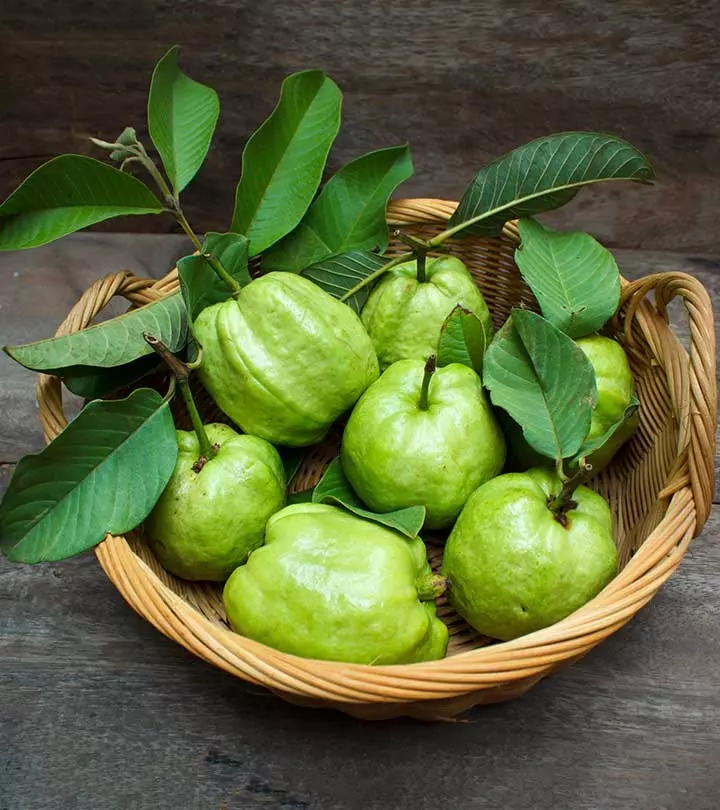
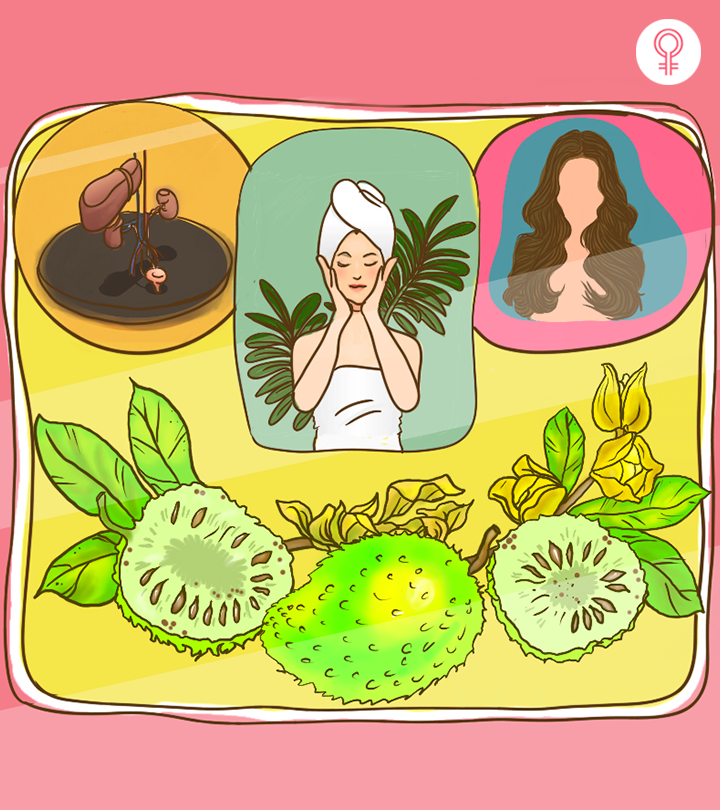
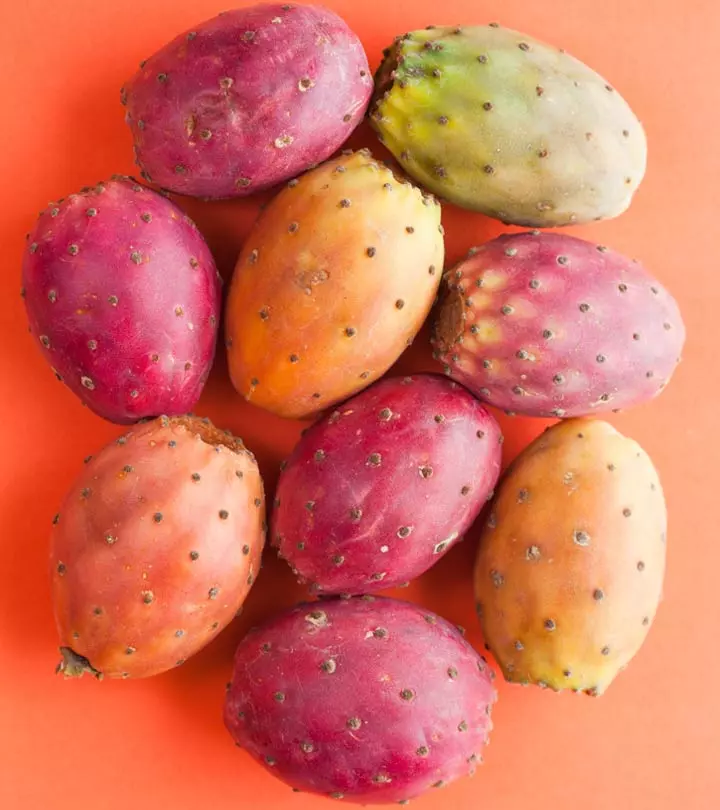
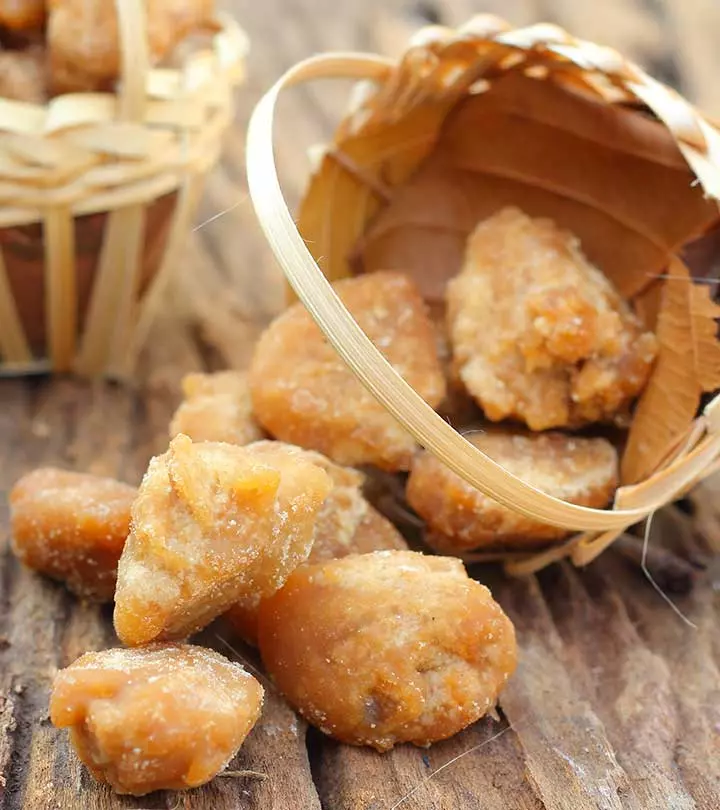

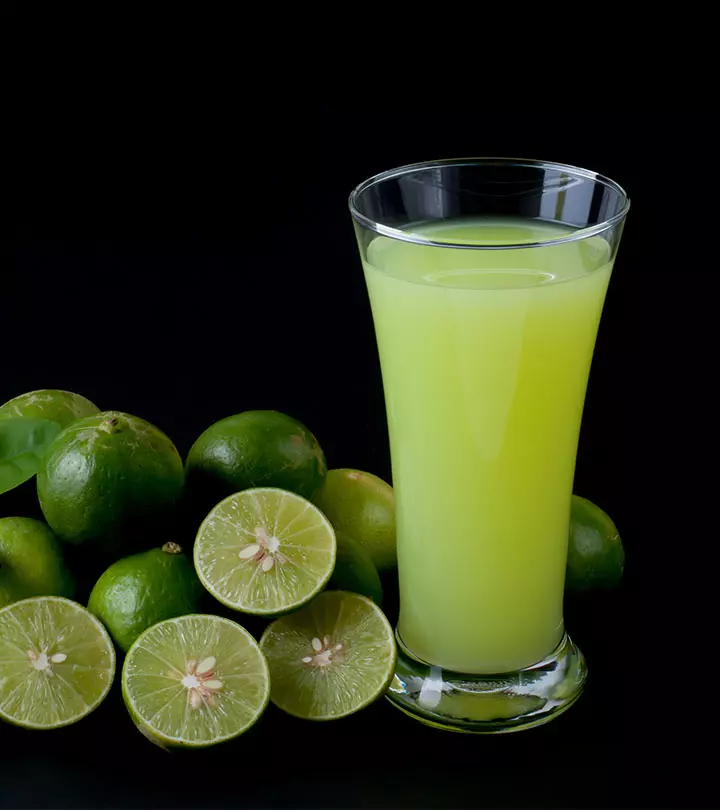
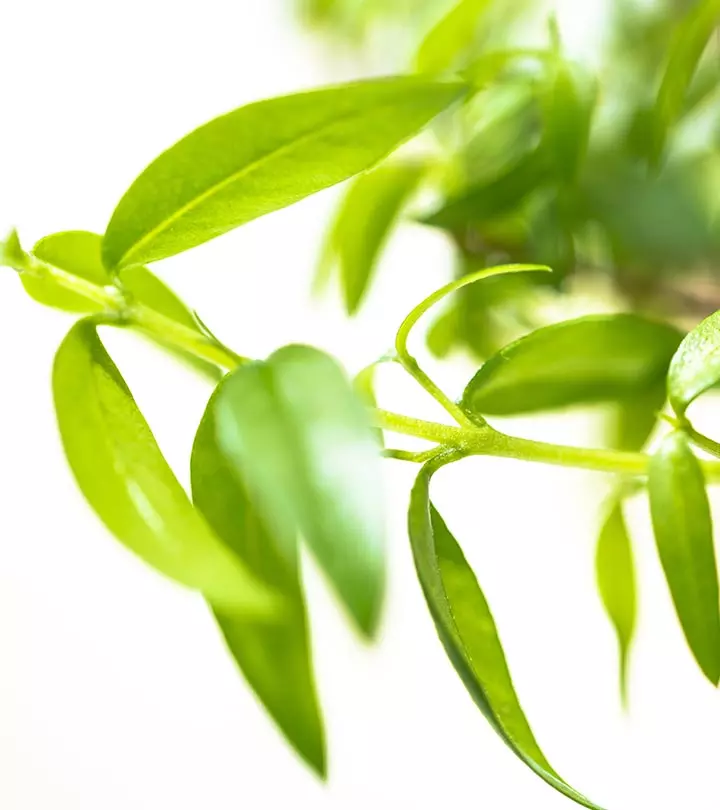

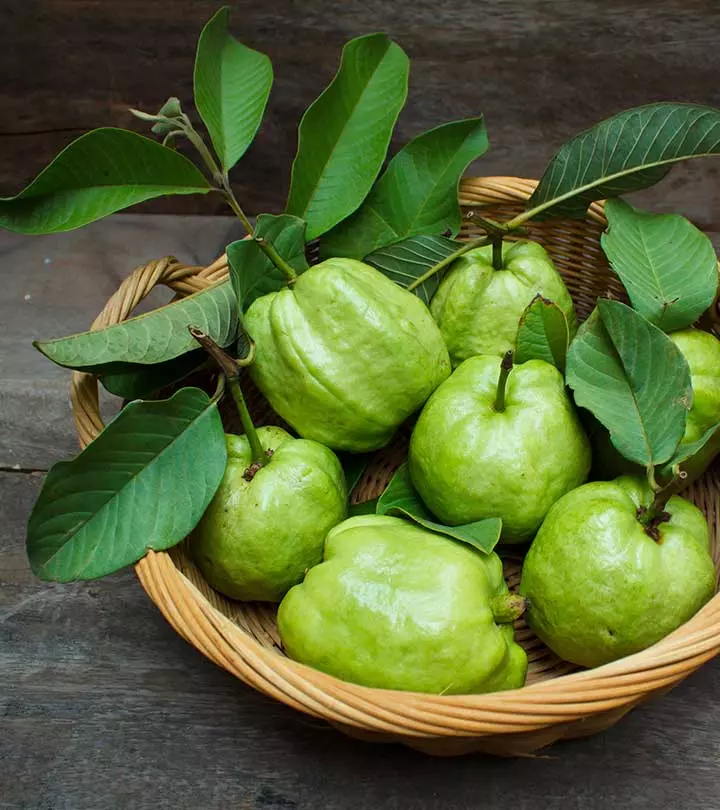
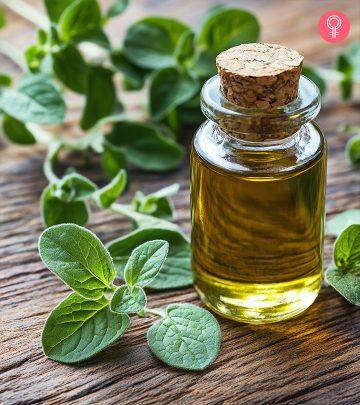
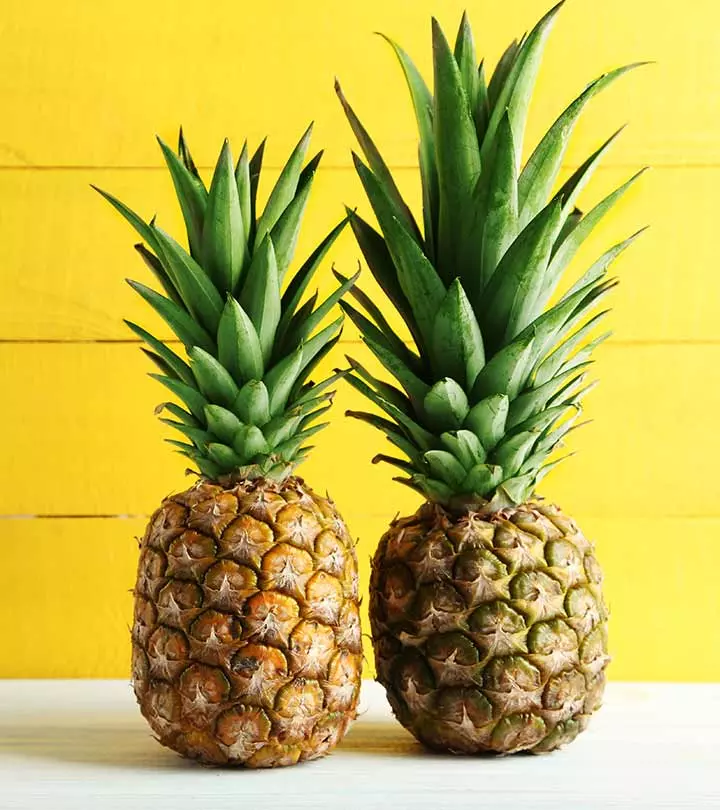
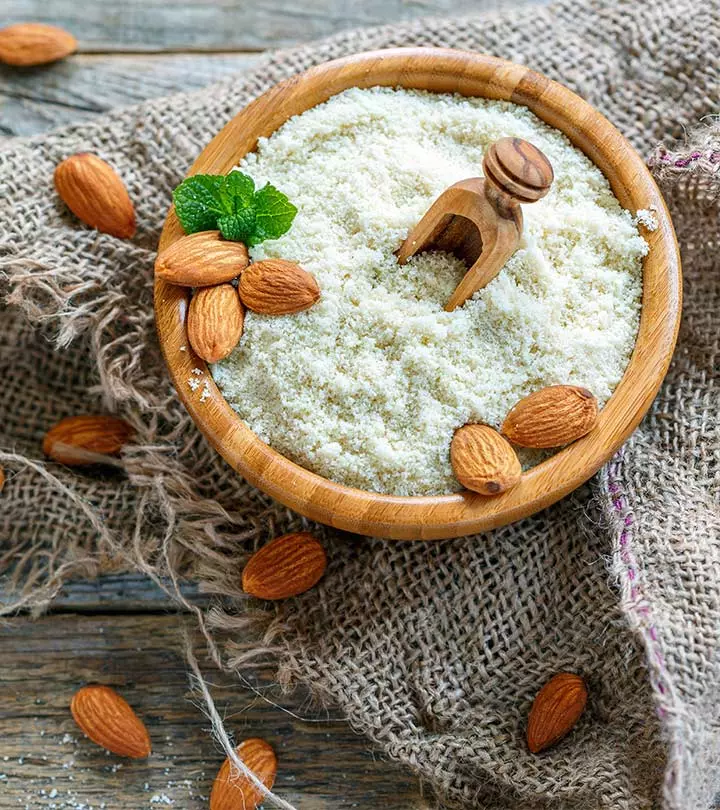
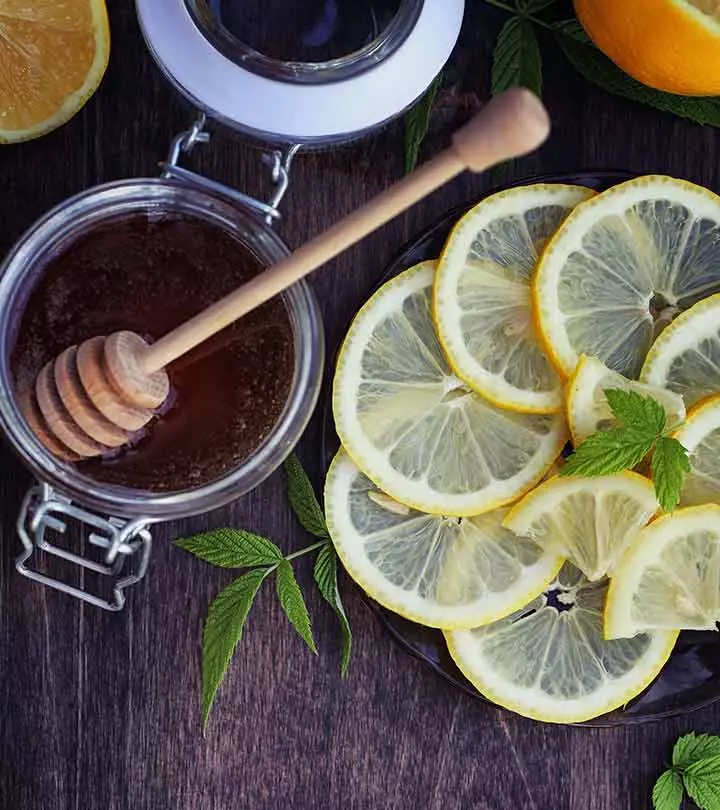
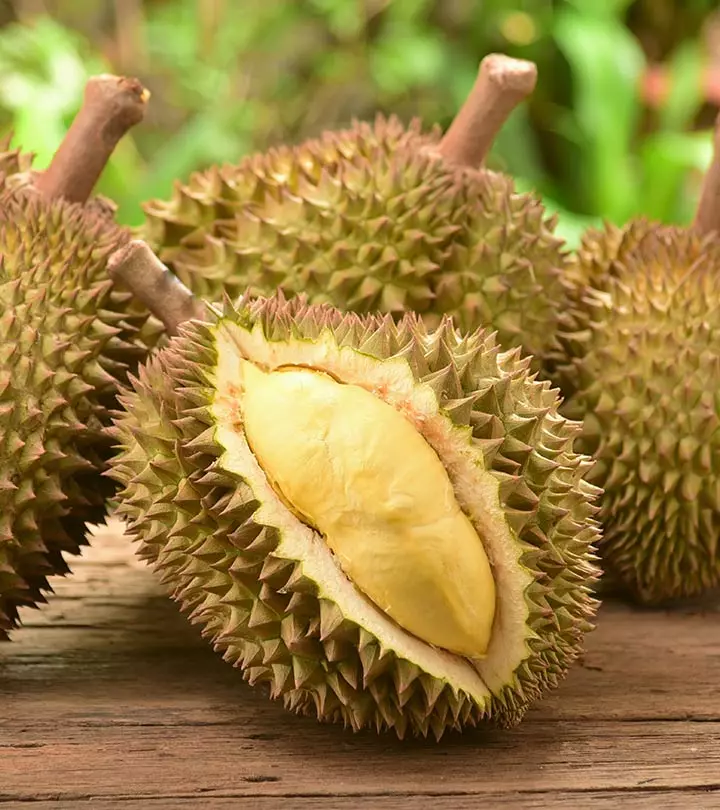
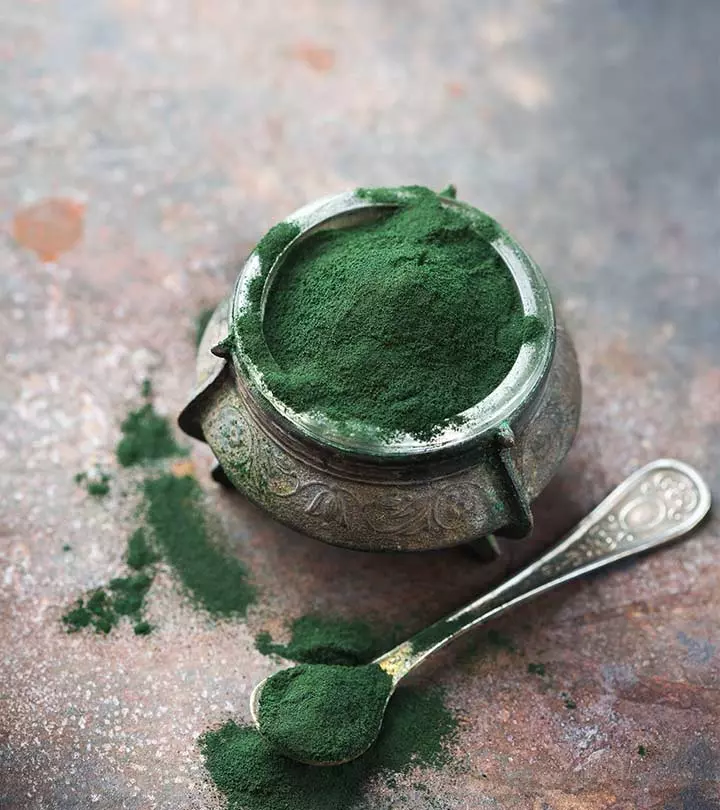
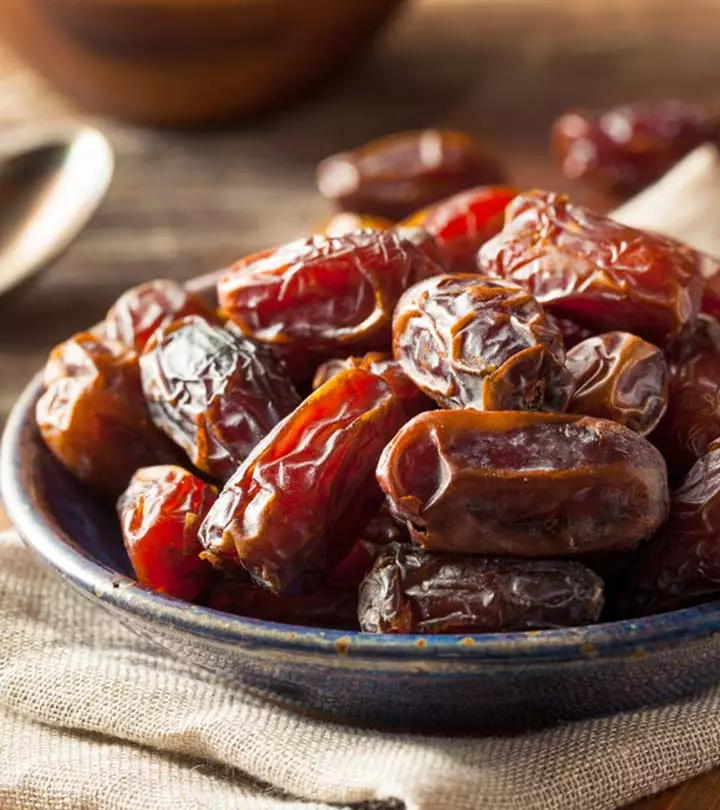
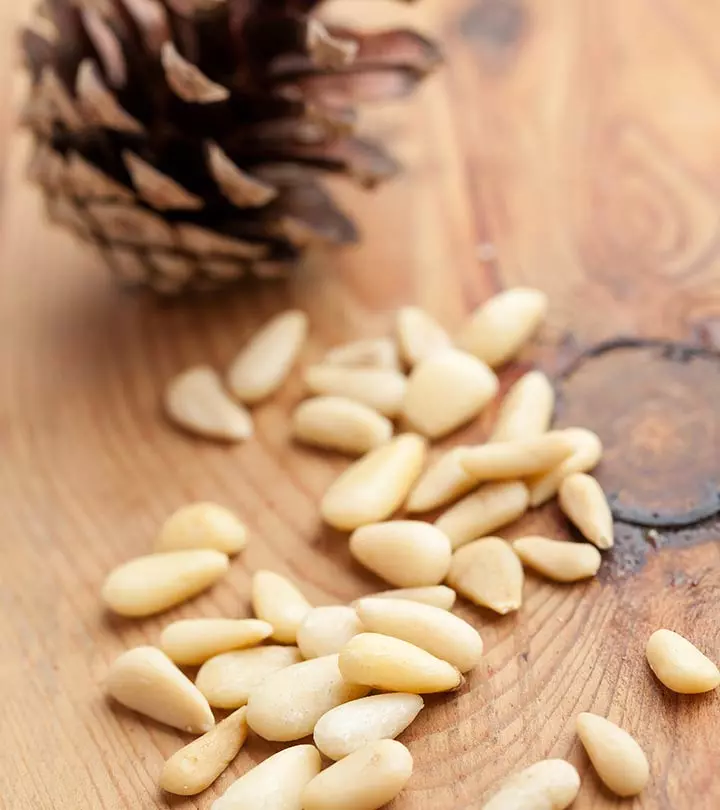
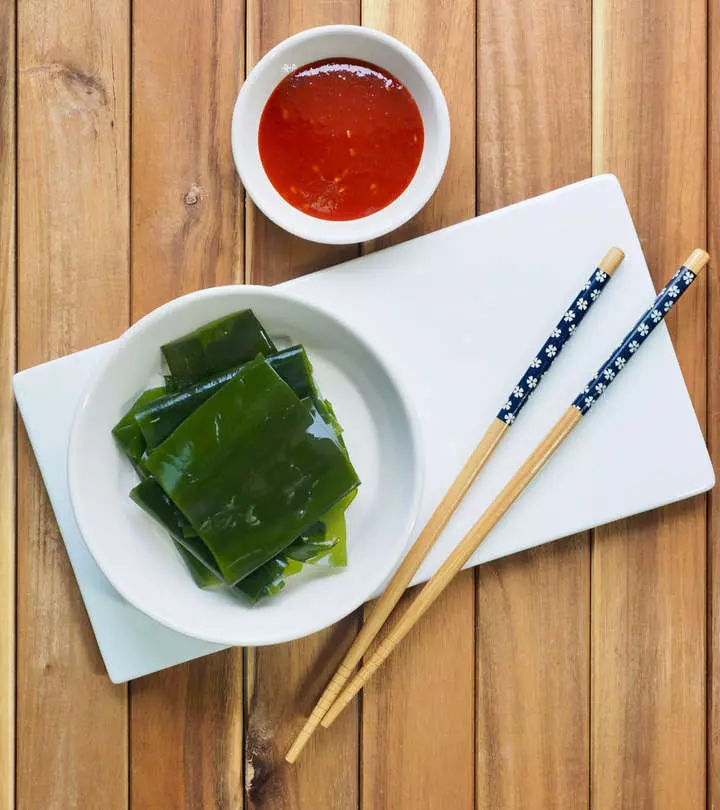
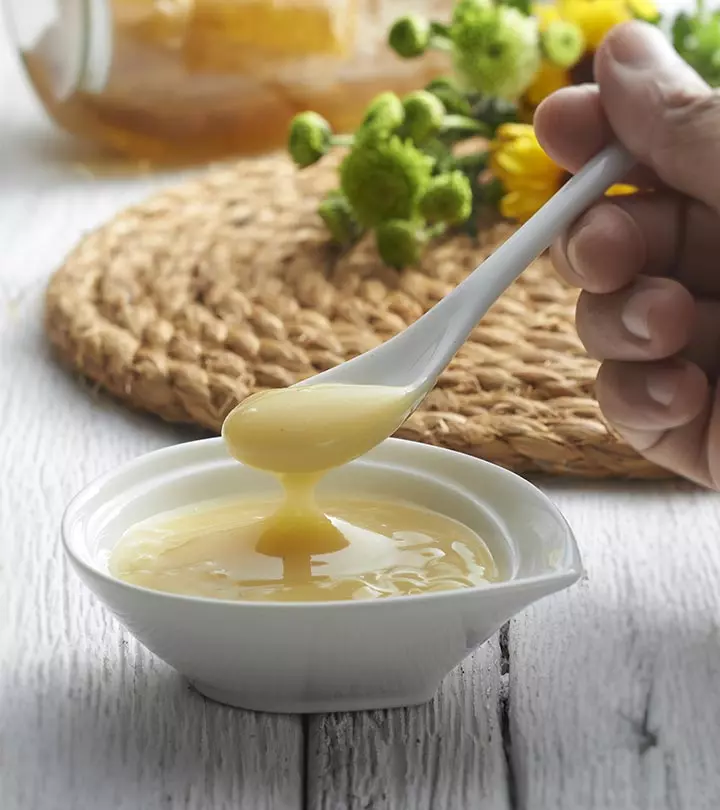
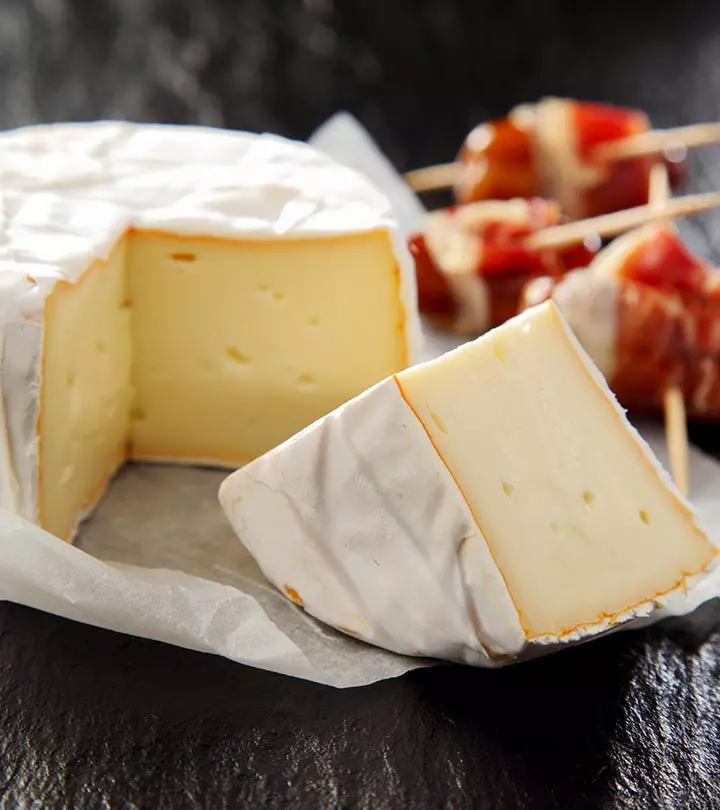
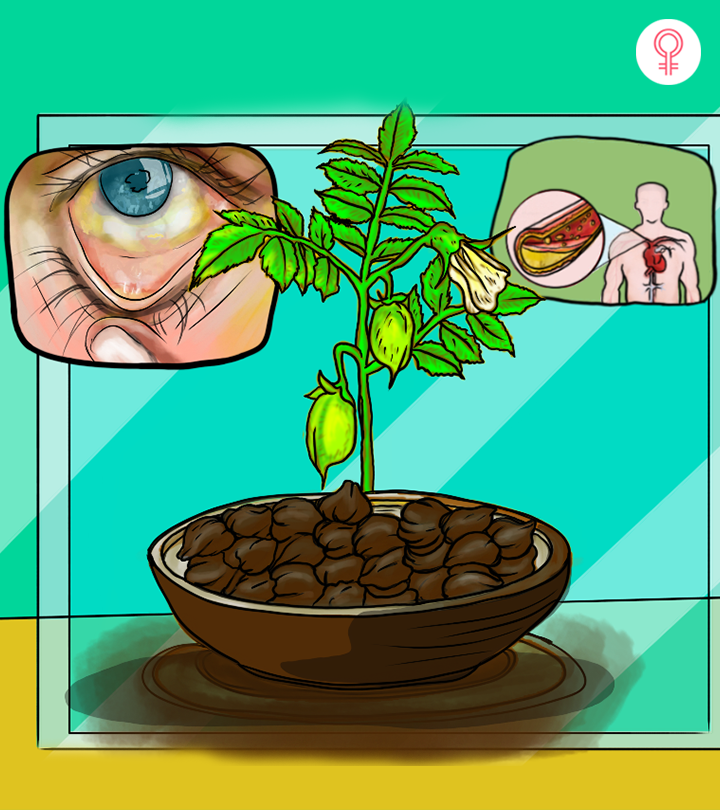
Community Experiences
Join the conversation and become a part of our empowering community! Share your stories, experiences, and insights to connect with other beauty, lifestyle, and health enthusiasts.